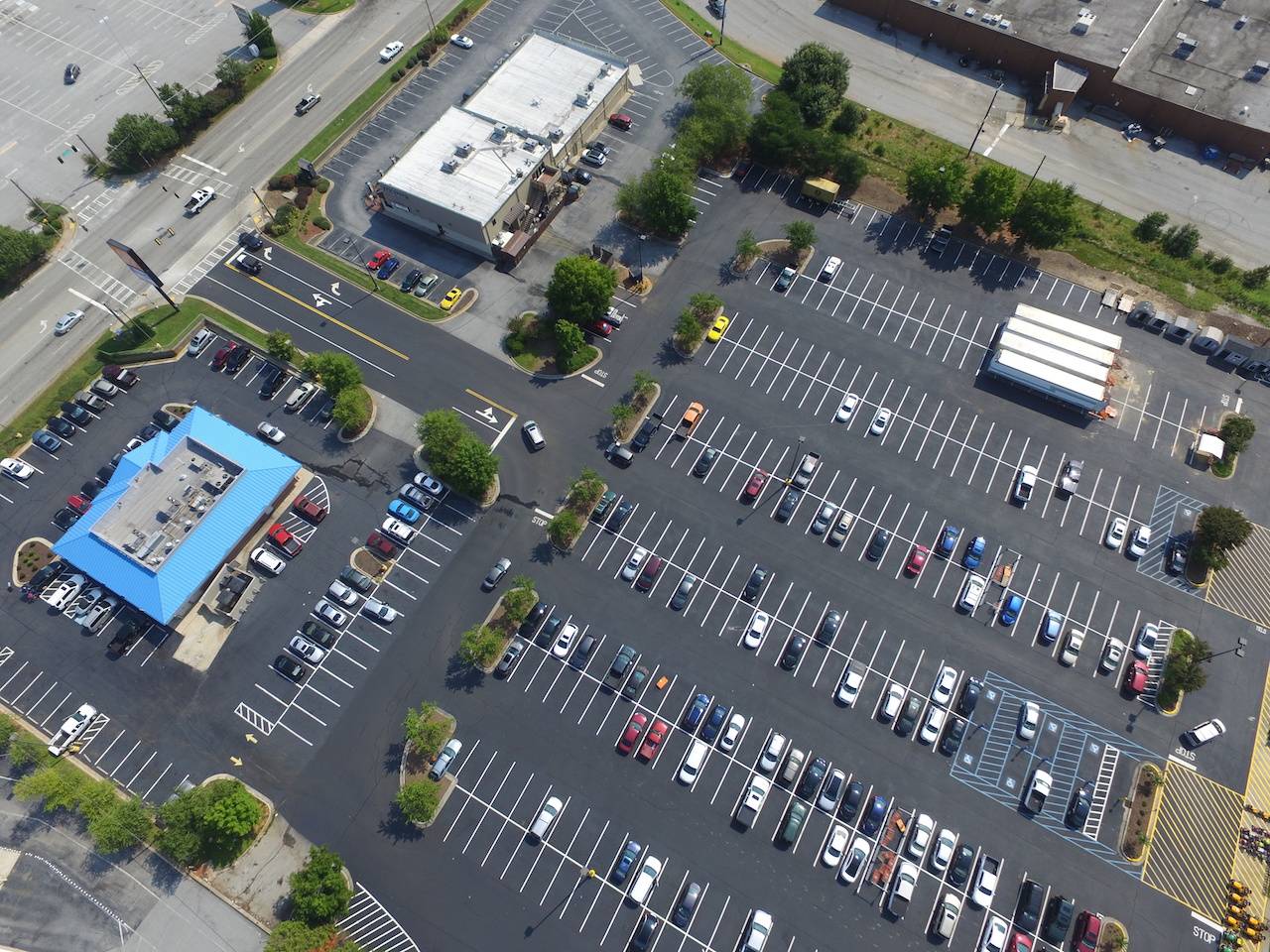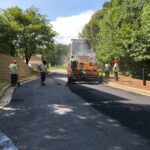Many people who perform a routine task often find ways to complete the job in less time or at a reduced cost. Sometimes, shortcuts work out well, but at other times, they can backfire, making it necessary to repeat the entire job. For example, applying asphalt shingles with a powerful staple gun instead of nailing them in place may seem like an excellent way to save time on the installation. Still, leaks will almost certainly appear in a relatively short time. However, a staple gun is often an efficient way to secure the felt between the shingles and the decking. Similarly, an experienced paving contractor have learned ways to optimize the efficiency of the various tasks involved in the overall job, but there are some shortcuts that they should never take. If they skip pavement repairs, prepare the mix incorrectly, use the wrong tools, or misapply the sealant, you could be wasting your money.
Sealcoating Shortcuts a Paving Contractor Should Never Take
What Repairs Should Asphalt Paving Contractors Make Before Sealcoating?
Basically, any significant break in the pavement should be repaired prior to sealcoating. Some people confuse asphalt sealcoating with asphalt crack sealing, but these two procedures serve very different purposes. Some of the confusion stems from sealcoating’s ability to cover shallow hairline cracks or minor imperfections. However, any crack that is more than about a quarter of an inch will simply allow the sealcoating to flow into the void without serving any useful purpose. More serious damage, including potholes, should also be repaired before your parking lot maintenance contractor attempts to apply a sealant.
What Is an Improperly Prepared Sealcoating Mix?
Asphalt companies typically receive coal tar as a thick, nearly black, viscous liquid. The contractor follows the manufacturer’s recipe to turn the sealant into a liquid. If the contractor adds too much water, the sealant will be too thin to be effective. If the contractor does not add enough sand, it will affect the sealant’s durability, but it will also increase drivers and pedestrians’ risks due to the reduced traction.
Why Are the Right Tools Important for Sealcoating?
If you want to paint a narrow piece of trim, you probably want to use a brush of an appropriate size instead of a sprayer. However, if you’re going to paint your home’s entire exterior, a small brush could turn the task into quite an ordeal. Similarly, sealcoating contractors need a variety of tools, including hand tools that can get into small areas, sprayers that can efficiently cover large, open areas, and a tank that will keep the liquid sealant agitated throughout the job.
What Is an Incorrect Sealcoating Application?
Like varnish, sealcoating should never be applied in a thick coat; it simply will not cure properly. Most jobs require two coats of sealant, but they need to be timed correctly to ensure proper curing. Another shortcut that professional contractors should never take is to complete a job when the conditions are unsuitable. Sealants need several hours of sunlight to cure, temperatures must be within an acceptable range, and no rain must fall until the sealcoating has had about 24 hours to cure. In addition, inexperienced contractors will sometimes try to rush through a job, especially if unsuitable conditions are present or threatening, by using sprayers in places that demand hand tools. You could end up with sealcoating on your building, plants, or sidewalks. Another problematic shortcut is skipping the cleaning of the pavement. Dirt or debris can prevent the sealant from adhering to the pavement.
The Surface Masters, a Marietta-based paving company serving the greater Atlanta area, specializes in pavement maintenance and repair. Our paving services include asphalt crack sealing, sealcoating, parking lot striping, pothole repair, and asphalt patching, concrete repair, and asphalt overlays. We are known for consistently providing exceptional work and exemplary customer service on every project. We offer free quotes, so call our office at 770-250-6392, fill out the online form, or send an email to info@thesurfacemasters.com.


